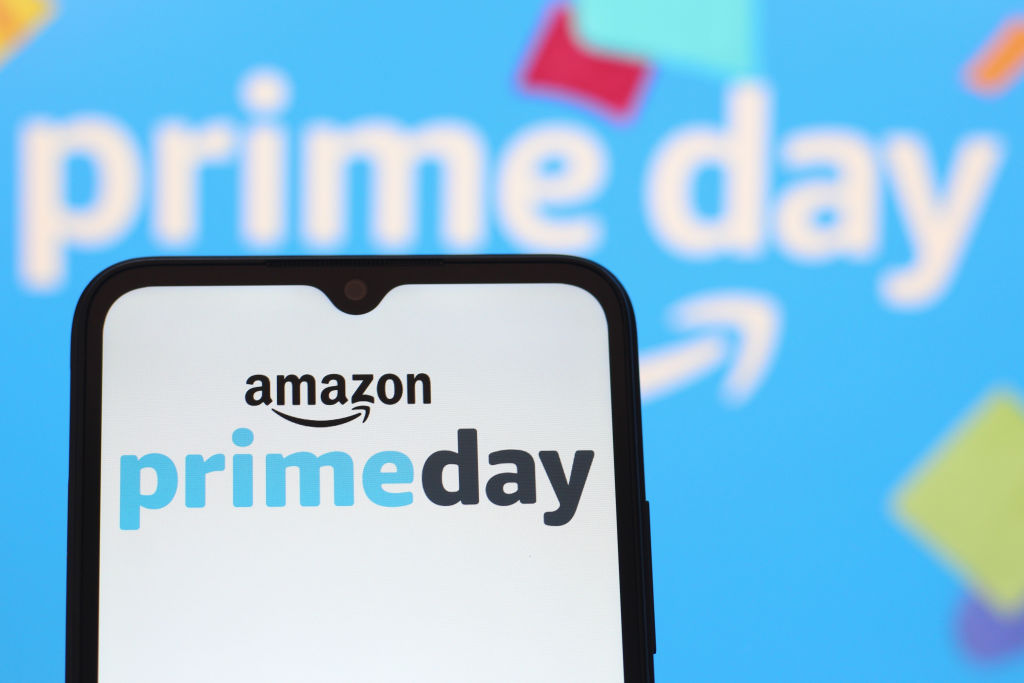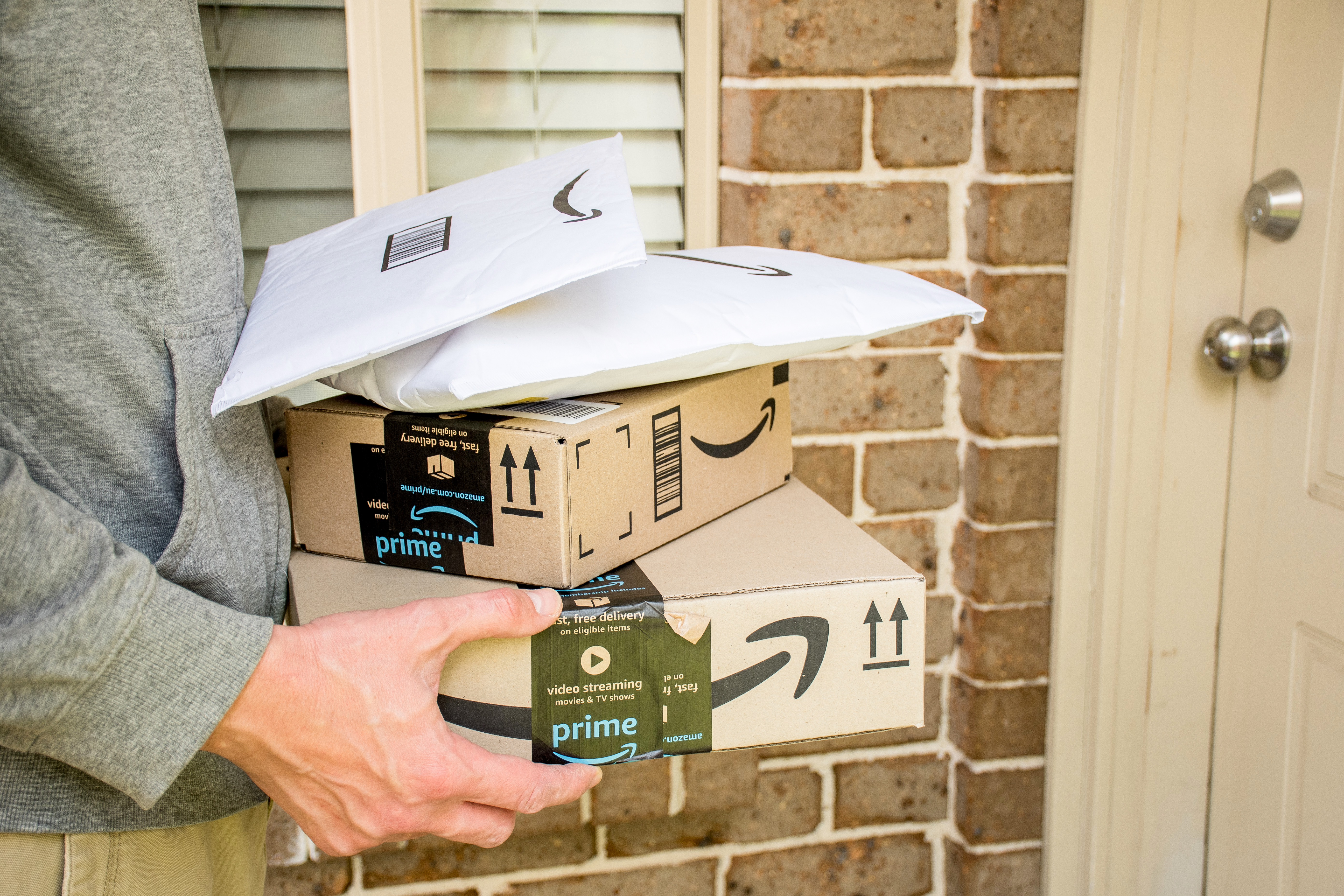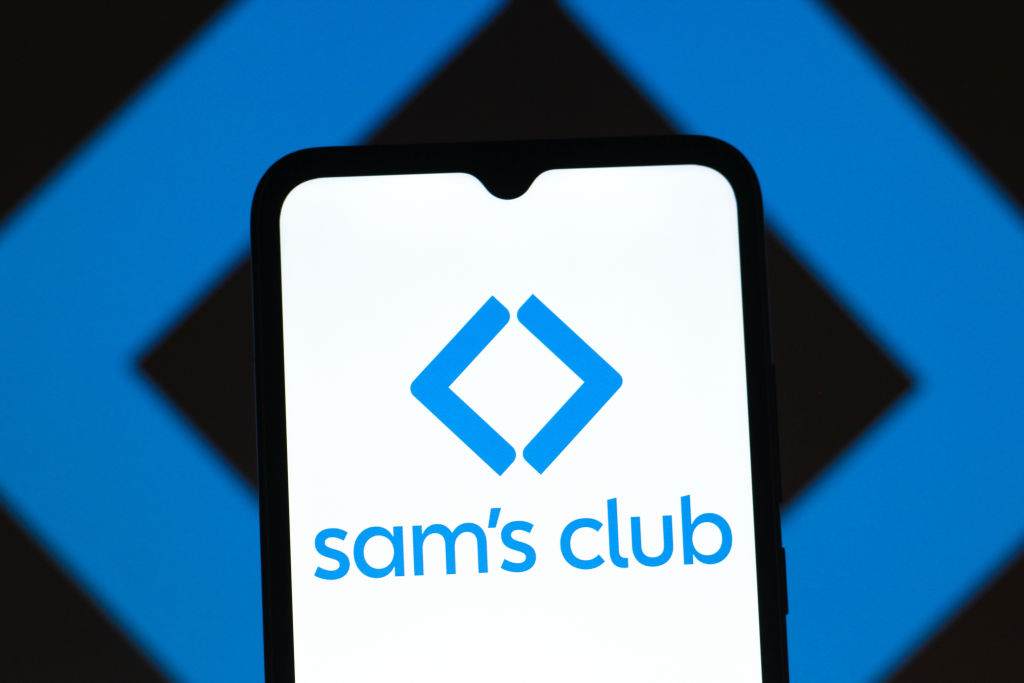Are Amazon's Diapers a Good Deal?
If price is your chief concern, you'll find better bargains on some other brands.

Profit and prosper with the best of Kiplinger's advice on investing, taxes, retirement, personal finance and much more. Delivered daily. Enter your email in the box and click Sign Me Up.
You are now subscribed
Your newsletter sign-up was successful
Want to add more newsletters?

Delivered daily
Kiplinger Today
Profit and prosper with the best of Kiplinger's advice on investing, taxes, retirement, personal finance and much more delivered daily. Smart money moves start here.

Sent five days a week
Kiplinger A Step Ahead
Get practical help to make better financial decisions in your everyday life, from spending to savings on top deals.

Delivered daily
Kiplinger Closing Bell
Get today's biggest financial and investing headlines delivered to your inbox every day the U.S. stock market is open.

Sent twice a week
Kiplinger Adviser Intel
Financial pros across the country share best practices and fresh tactics to preserve and grow your wealth.

Delivered weekly
Kiplinger Tax Tips
Trim your federal and state tax bills with practical tax-planning and tax-cutting strategies.

Sent twice a week
Kiplinger Retirement Tips
Your twice-a-week guide to planning and enjoying a financially secure and richly rewarding retirement

Sent bimonthly.
Kiplinger Adviser Angle
Insights for advisers, wealth managers and other financial professionals.

Sent twice a week
Kiplinger Investing Weekly
Your twice-a-week roundup of promising stocks, funds, companies and industries you should consider, ones you should avoid, and why.

Sent weekly for six weeks
Kiplinger Invest for Retirement
Your step-by-step six-part series on how to invest for retirement, from devising a successful strategy to exactly which investments to choose.
Amazon, which already sells a variety of discounted brand-name diapers, has expanded its selection by launching its own line of baby diapers. But before you log on to place an order for the online retailer's new Elements diapers, there are few things you need to know about pricing and availability.
For starters, Amazon Elements diapers are available only to members of the Amazon Prime service. If you don't have a membership, you'll need to fork over $99 a year to join. In addition to the diapers, Amazon is also rolling out Elements wipes that are available exclusively to Prime members.
The Elements brand is being touted as a line of "premium" everyday products. Diapers and wipes are just the beginning. So even though Amazon is known for competitive pricing, its new diapers aren't cheap. They do cost about 10 cents to 25 cents less per diaper than other premium, environmentally friendly brands such as Seventh Generation and Earth's Best. Elements also costs several cents less per diaper than Pampers' higher-end Sensitive line.
From just $107.88 $24.99 for Kiplinger Personal Finance
Become a smarter, better informed investor. Subscribe from just $107.88 $24.99, plus get up to 4 Special Issues

Sign up for Kiplinger’s Free Newsletters
Profit and prosper with the best of expert advice on investing, taxes, retirement, personal finance and more - straight to your e-mail.
Profit and prosper with the best of expert advice - straight to your e-mail.
However, based on our calculations, you'll save money if you opt instead for store-brand diapers from Target and Walmart. When you factor in the cost of a Prime membership, expect to pay about $300 more over three years keeping your baby swaddled in Elements diapers than in Target's Up & Up brand. That price difference even takes into account the 20% discount on recurring deliveries of Elements diapers received by Amazon Mom members. (There's no additional cost to join Amazon Mom, but you must have a Prime membership to be eligible.) If you take advantage of the 5% discount and free shipping offered by the Target.com subscription service for regular deliveries of Up & Up diapers, you'll pay about $600 less over three years versus Amazon Elements diapers. There's no cost to join the Target.com subscription service. You'll pay about $700 less over three years for Walmart Parent's Choice brand diapers compared to Elements diapers.
Even Pampers Baby Dry diapers ordered through Amazon with a Prime membership (to get free shipping and the 20% Amazon Mom discount) will set you back about $100 less over three years than Elements diapers. Our calculations are based on the use of 360 newborn diapers (12 diapers a day for 30 days); 900 size 1 diapers (10 diapers a day for three months); 1,200 size 2 diapers (eight diapers a day for five months); 630 size 3 diapers (7 diapers a day for three months); 2,160 size 4 diapers (6 diapers a day for 12 months); and 2,160 size 5 diapers (6 diapers a day for 12 months). Because diapers are bought in packages -- not individually -- when necessary we rounded up the number of packages that need to be purchased to cover each stage.
So the question is whether to pay a premium for Amazon's premium diapers. According to Amazon, a key selling point of its new Elements line is the detailed amount of information made available to consumers about what goes into its products. Scan a unique code on your package of Elements diapers, the company says, and you'll find out the origins of the materials and when and where the diapers were manufactured. If, for example, it's important for you to know that the fluff used in Elements diapers to absorb moisture comes from a specific type of pine tree in Alabama, or that the aloe and vitamin E infused into the inner lining come from Israel, then Elements might be for you. A box of Walmart Parent's Choice diapers simply says, "Made in the USA with imported parts."
All three of my children have worn Target- and Walmart-brand diapers without any problems. My youngest is almost out of diapers (fingers crossed), so I won't be trying Amazon Elements. It's up to you whether you want to pay more for premium diapers or spend less with a big-box retailer's brand -- and perhaps start a college fund with the money you save.
Profit and prosper with the best of Kiplinger's advice on investing, taxes, retirement, personal finance and much more. Delivered daily. Enter your email in the box and click Sign Me Up.

Award-winning journalist, speaker, family finance expert, and author of Mom and Dad, We Need to Talk.
Cameron Huddleston wrote the daily "Kip Tips" column for Kiplinger.com. She joined Kiplinger in 2001 after graduating from American University with an MA in economic journalism.
-
 How to Turn Your 401(k) Into A Real Estate Empire
How to Turn Your 401(k) Into A Real Estate EmpireTapping your 401(k) to purchase investment properties is risky, but it could deliver valuable rental income in your golden years.
-
 My First $1 Million: Retired Nuclear Plant Supervisor, 68
My First $1 Million: Retired Nuclear Plant Supervisor, 68Ever wonder how someone who's made a million dollars or more did it? Kiplinger's My First $1 Million series uncovers the answers.
-
 How to Position Investments to Minimize Taxes for Your Heirs
How to Position Investments to Minimize Taxes for Your HeirsTo minimize your heirs' tax burden, focus on aligning your investment account types and assets with your estate plan, and pay attention to the impact of RMDs.
-
 I Found the Best Gifts Under $50 and None of Them Feel Cheap
I Found the Best Gifts Under $50 and None of Them Feel CheapAmazon October Prime Day is the perfect chance to nab some under-$50 gifts that feel more expensive than they are (because normally they would be).
-
 Amazon AI on Prime Day: Deal Helper or Upsell Machine?
Amazon AI on Prime Day: Deal Helper or Upsell Machine?Amazon’s Rufus chatbot, Alexa voice deals and Amazon Lens can change how you shop on Prime Day. Here’s how to use them wisely — and avoid being upsold.
-
 How to Safely Get Your Amazon Packages This Season
How to Safely Get Your Amazon Packages This SeasonWorried about porch pirates? From Amazon lockers to secure lock boxes, here’s how to protect your holiday deliveries.
-
 21 Last-Minute Gifts for Grandparents Day 2025 to Give Right Now
21 Last-Minute Gifts for Grandparents Day 2025 to Give Right NowHoliday Tips Last-minute gifting is never easy. But here are some ideas to celebrate Grandparents Day.
-
 Texas Sales Tax-Free Weekend 2025
Texas Sales Tax-Free Weekend 2025Tax Holiday Here's what you needed to know about the Texas sales tax holiday.
-
 Alabama Tax-Free Weekend 2025
Alabama Tax-Free Weekend 2025Tax Holiday Here’s everything you need to know about the 2025 back-to-school Alabama sales tax holiday.
-
 Last Chance to Shop These Under-$100 Prime Day Deals for a Smarter, Safer Home: Ring Doorbells, Nest Thermostats, Leak Detectors and More
Last Chance to Shop These Under-$100 Prime Day Deals for a Smarter, Safer Home: Ring Doorbells, Nest Thermostats, Leak Detectors and MoreThese under-$100 Prime Day deals on Ring, Blink, Nest and other top smart home brands are disappearing after today.
-
 Sam's Club Takes On Amazon Prime With Big Summer Savings — But Is It Worth Joining?
Sam's Club Takes On Amazon Prime With Big Summer Savings — But Is It Worth Joining?With longer sales and seasonal deals, Sam's Club is making a strong case for summer value. Here's how to save.